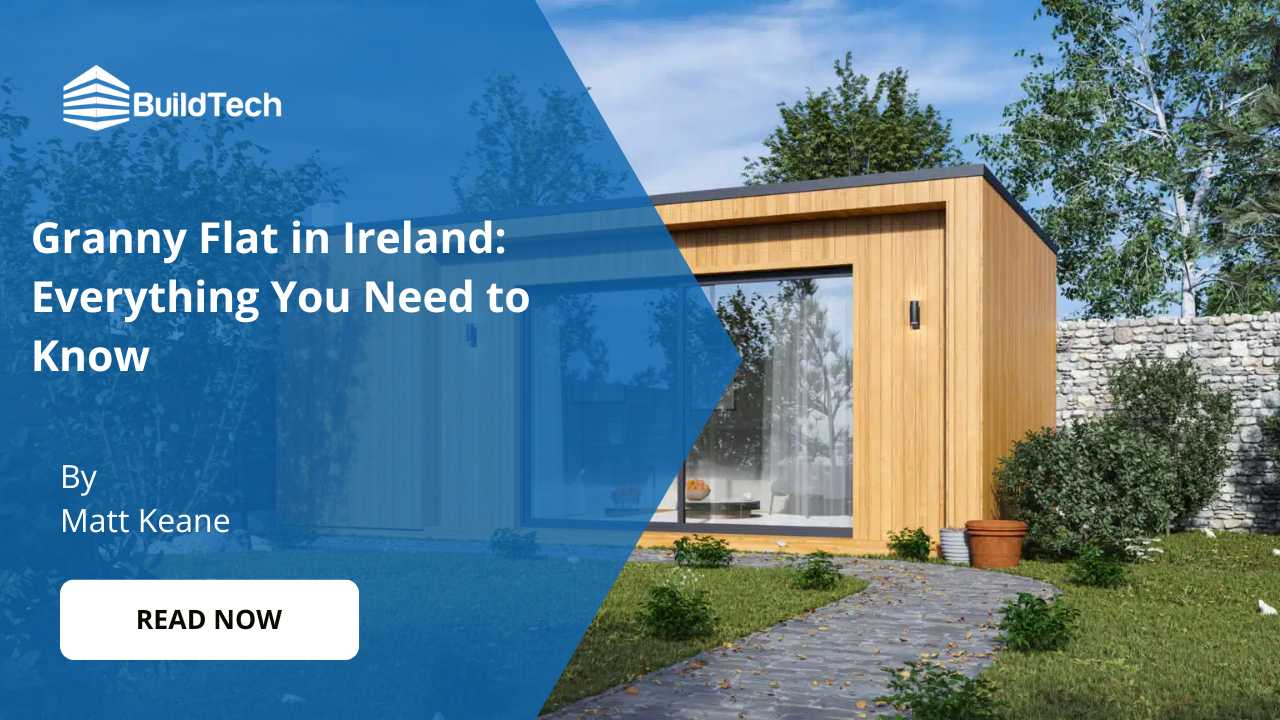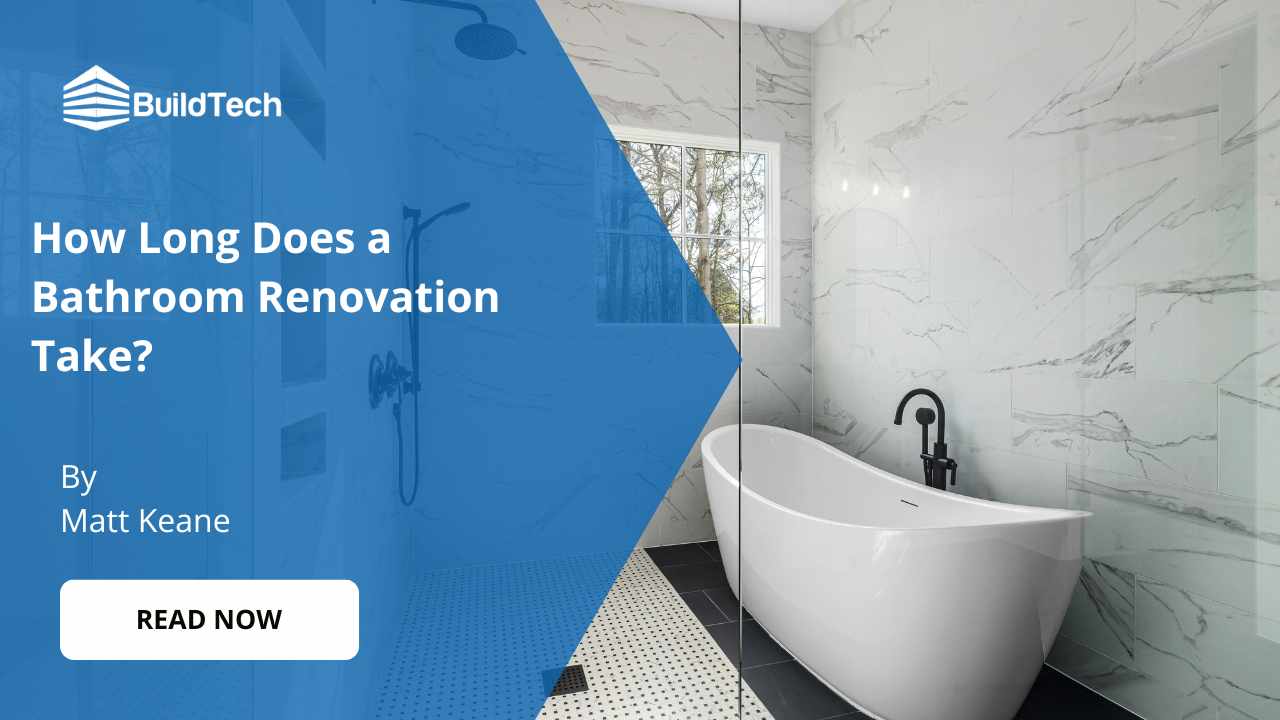Have you ever dreamt of adding that extra room to your home or expanding your living space but felt daunted by the potential costs?
Well, the good news is that extensions may be more within your reach than you think.
On average, house extensions can cost around €2,500 to €,3000 per square metre, but these costs can vary depending on numerous factors.
This comprehensive guide will detail the costs associated with house extensions in Ireland, providing valuable insights to help you make an informed decision for your home improvement project.
What is a House Extension and Why Would You Need One?
A house extension is an additional structure or room you add to your existing house. The reasons for choosing a house extension are as diverse as the houses themselves. Some of the top reasons include:
Increasing Living Space: Over time, families grow, and so does the need for extra space. An extension can provide additional bedrooms, bathrooms, or living areas.
Increasing Property Value: An extension can significantly boost the market value of your property, making it an investment for the future.
Adapting to Lifestyle Changes: Whether it's a home office, a hobby room, or a gym, your needs can change over time, and an extension can cater to these evolving needs.
Avoiding the Hassle of Moving: Love your neighbourhood but need more space? A house extension can save you from the stress and expense of moving house.
How Much Does a House Extension Cost in Ireland?
The cost of a house extension in Ireland varies significantly depending on numerous factors, but on average, you can expect to pay around €2,500 to €,3000 per square metre. However, this figure can escalate depending on the complexity and scale of the project.
Factors Contributing to Home Extension Costs
Several factors come into play when calculating the cost of a home extension:
Size of the Extension: The larger the extension, the more materials and labour you'll need, directly impacting the cost.
Design Complexity: Simple, square or rectangular designs are usually cheaper to build. Complex designs with curves, multiple corners, or unusual shapes require more time, skill, and materials to construct, driving up the cost.
Materials: The choice of building materials greatly affects the final cost. For instance, standard brick is typically cheaper than stone, and a flat roof is usually less expensive than a pitched, tiled one. Interior finishes, such as flooring, doors, windows, and bathroom fittings, also vary widely in price.
Labour Costs: Labour costs can vary depending on the region, the current demand, and the level of skill required for your project. Skilled work such as plumbing, electrical, or detailed carpentry commands a higher rate.
Planning Permission: If your extension requires planning permission, you must account for application fees. Also, if professional services are needed to produce detailed drawings or to appeal a planning refusal, these will add to your costs.
Existing House Structure: The existing structure of your house may need alterations to accommodate the extension. For example, removing load-bearing walls requires additional structural work, which increases costs.
Location: Building costs vary across Ireland. Urban areas, particularly Dublin, tend to be more expensive than rural areas due to higher labour and material costs.
Fittings and Fixtures: The cost of kitchens, bathrooms, flooring, and lighting can vary significantly. Higher-end fittings will significantly increase your budget.
Access: If your property is difficult to access, it may take longer to transport materials and equipment to the site. This can increase labour and potentially delivery costs.
Unexpected Issues: Sometimes unforeseen issues arise once building work begins. For instance, poor ground conditions may require additional foundation work, or hidden structural issues in your existing house may need addressing. It's wise to factor in a contingency budget for such unforeseen costs.
Types of House Extensions and How Does Each Type Affect Extension Cost?
House extensions come in various forms, each with different cost implications:
Single-Storey Extension: This is a popular choice and typically costs between €1,500 - €2,000 per square metre.
Two-Storey Extension: Although more expensive, this option can offer better value as it provides more space, typically costing between €2,500 to €,3000 per square metre.
Loft Conversion: This is often a cost-effective way to add an extra bedroom or living space. Costs generally range from €2,500 to €,3000 per square metre.
Basement Conversion: This can be a pricey option due to the substantial structural work required, with costs ranging from €2,500 to €,3000 per square metre.
What Should You Consider Before Starting Work on a Home Extension Project?
Before embarking on a home extension project, consider the following:
Budget: Clearly understand your budget and include a contingency for unforeseen costs.
Planning Permission: Check if you need planning permission for your extension.
Architect: Consider hiring an architect to help with the design and planning.
Neighbours: Inform your neighbours about your plans to avoid any potential disputes.
Insurance: Make sure your project is adequately insured.
Timeframe: Have a realistic expectation of how long the project will take.
How can I Extend My House Cheaply?
While extending your house can be an expensive endeavour, there are ways to manage costs:
Have a Clear Design: The more detailed the plan, the less likely you'll face unexpected costs.
Choose Simple Designs: Complex designs usually cost more.
Manage the Project Yourself: If you have the time and skills, managing the project yourself can save on professional fees.
Source Materials: Buying and delivering your materials can save money.
Do I need Planning Permission for a House Extension?
In Ireland, many house extensions don't require planning permission, particularly if they're within specific size limits and adhere to certain conditions. However, checking with your local planning authority is always advisable before proceeding.
Is the Help of an Architect for a Home Extension Project Worth It?
The use of an architect can increase the overall cost of your project. However, their expertise can also help avoid costly design errors, secure planning permission, and manage your budget effectively, making it a worthwhile investment.
Bringing It All Together: The True Cost of a House Extension in Ireland
While the cost of a house extension in Ireland can vary significantly, with careful planning and consideration, you can create a beautiful extension that suits your budget and meets your needs. A house extension is a worthwhile investment, whether for extra space, increasing property value, or adapting to lifestyle changes.
At Buildtech, we pride ourselves on making your house extension journey as smooth and transparent as possible. With our experienced team of professionals, we can guide you through every step, ensuring your dream extension becomes a reality.
Don't let the cost of a house extension in Ireland deter you. Contact Buildtech today, and let's start planning your ideal home extension together. Your dream home could be just a call away.


















